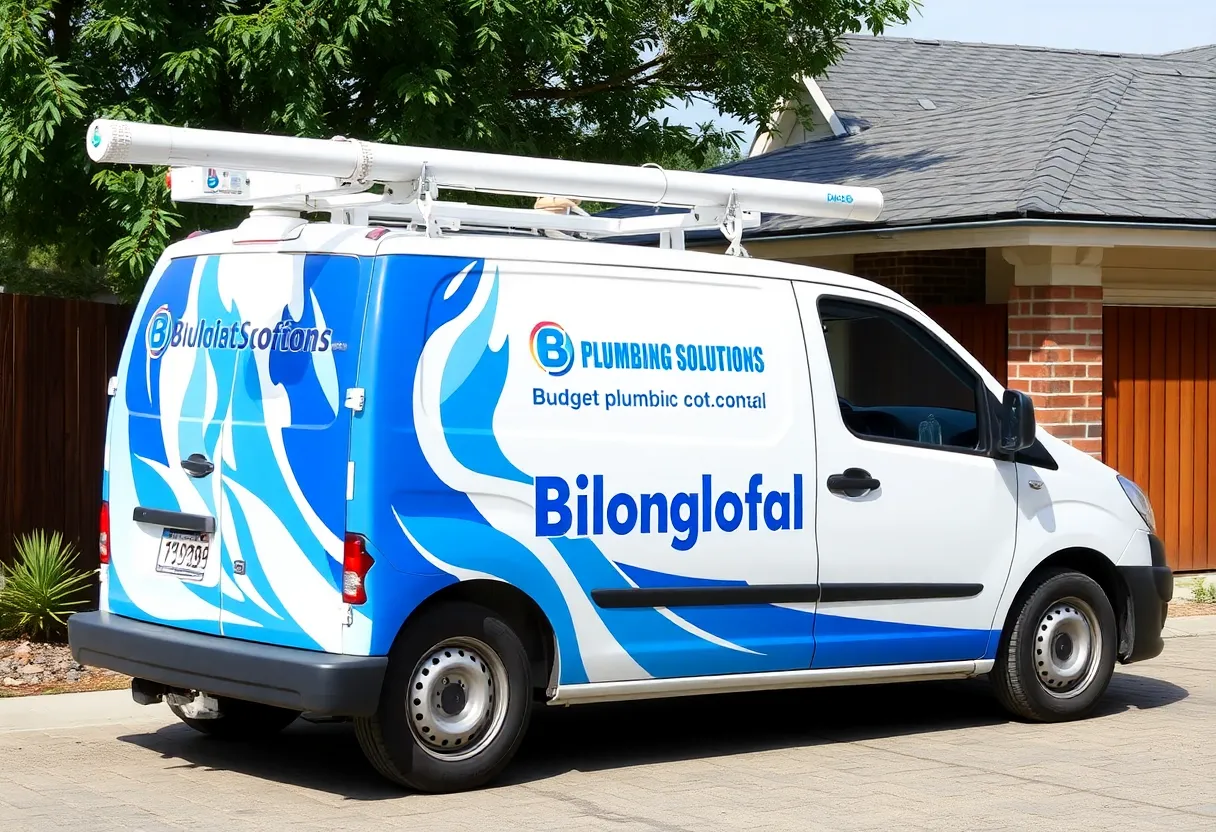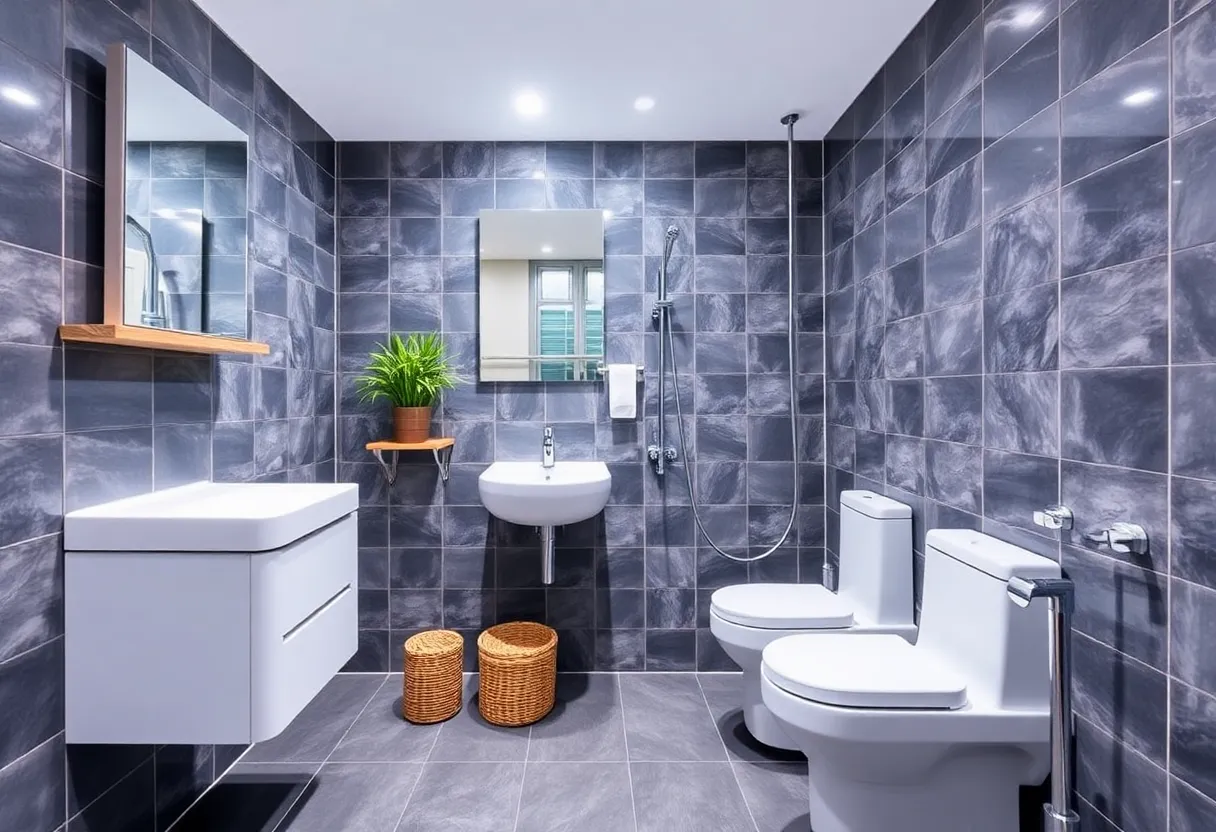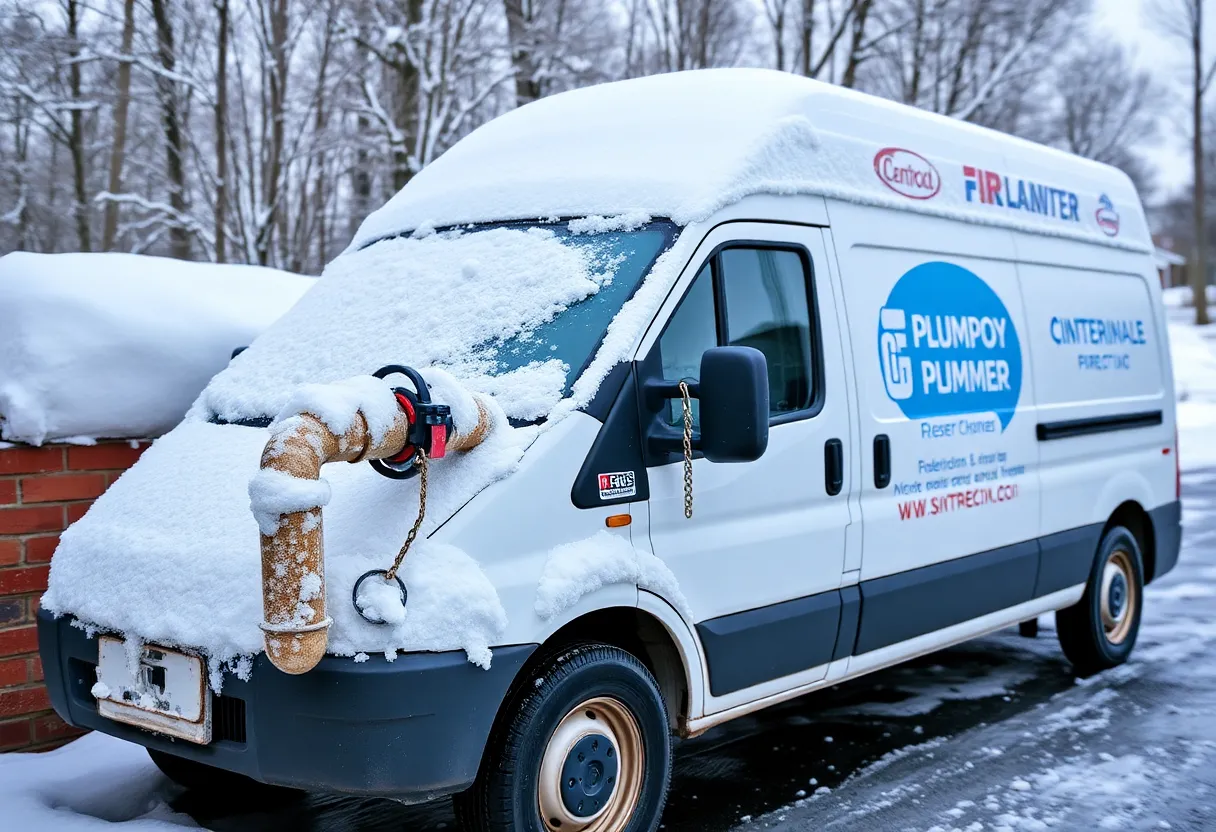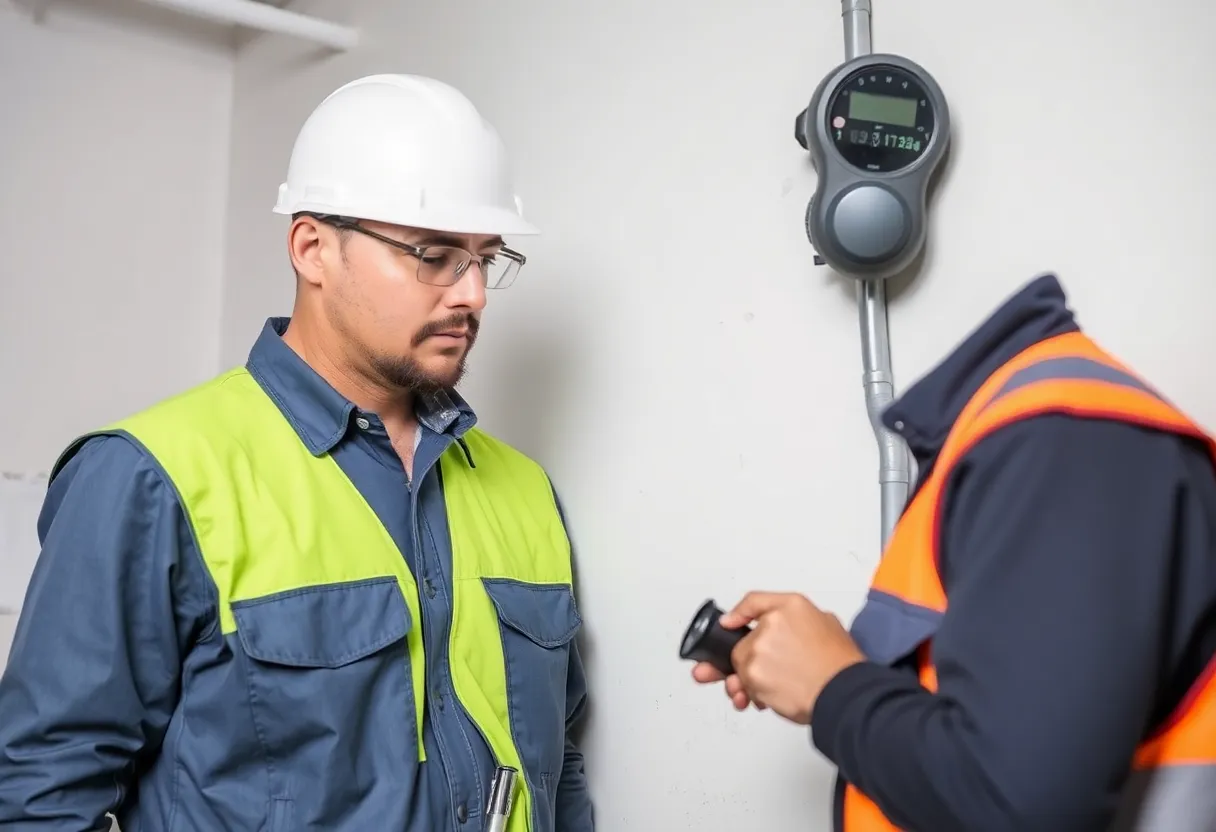Plumbing Secrets to Save You a Fortune: 8 Budget-Friendly Solutions You Didn’t Know Existed
Maintaining a home comes with its fair share of expenses, and plumbing issues can often pile on the bills. However, with a little knowledge and foresight, you can tackle these issues without breaking the bank. Here, we will unveil eight budget-friendly plumbing solutions that you likely didn’t know existed, helping you save both time and money.
1. DIY Drain Cleaning
Clogged drains can be frustrating and costly if you call in a plumber. Luckily, there are several easy DIY solutions that can help clear up those stubborn blockages without spending a fortune.
Natural Solutions
One of the simplest methods involves using common household items like baking soda and vinegar. Pour half a cup of baking soda down the drain, followed by half a cup of vinegar. Cover the drain with a cloth or rag to prevent the reaction from spilling out. After about 30 minutes, flush the drain with hot water. This method is not only cost-effective but also eco-friendly.
Salt and Boiling Water
If the baking soda and vinegar combination doesn’t work, you might consider using salt. Pour a handful of salt down the drain, followed by boiling water. Salt helps break down grease and other organic materials that could be causing the clog.
2. Faucet and Showerhead Aerators
Another hidden secret for conserving water and saving on utility bills is the use of faucet and showerhead aerators. These small, inexpensive devices can dramatically reduce the flow of water without sacrificing water pressure.
How Aerators Work
Aerators mix air into the water stream, creating a feeling of high pressure while actually using less water. Installing aerators can reduce water flow by up to 30%, significantly decreasing your water bill.
Installation and Maintenance
Installation is as easy as unscrewing the faucet or showerhead and screwing in the aerator. They require little to no maintenance, but occasional cleaning, especially in areas with hard water, can keep them functioning properly.
3. Insulate Your Pipes
If you live in a colder climate, insulating your pipes can save you a fortune on heating costs. Insulating pipes helps prevent heat loss and reduces the risk of freezing, which can lead to significant damage and costly repairs.
Benefits of Pipe Insulation
By insulating your pipes, you not only conserve energy but also prolong their lifespan. Insulation prevents condensation during warmer months too, which can accumulate and lead to mold growth.
Materials for Insulation
Pipe insulation is easily accessible at home improvement stores and comes in various forms, including foam sleeves or wrap. Simply measure your pipes and cut the insulation to fit, ensuring a tight seal.
4. Utilize a Plumber’s Snake
Having a plumber’s snake on hand can save you a significant amount of money on drain repairs. Unlike chemical drain cleaners that can be harmful to your pipes, a plumber’s snake is an effective mechanical tool to remove clogs.
How to Use a Plumber’s Snake
Start by inserting the snake into the drain until you feel resistance, which indicates a clog. Turn the handle to break up or hook the blockage, then slowly pull it out. This method is effective and eliminates the risks associated with caustic chemicals.
5. Fixing Leaky Faucets and Toilets
Leaking faucets and toilets can lead to a significant waste of water and consequently inflate your water bill. The good news is that fixing these leaks is often a straightforward process that even beginners can handle.
Identifying Leaks
To check for leaks in your toilet, add food coloring to the tank and wait for 30 minutes. If the water in the bowl changes color, there’s a leak. Faucet leaks are often caused by worn-out washers, which can be easily replaced.
Replacing Parts
Replacing washers, O-rings, or even entire faucet cartridges is a cost-effective way to fix these issues. You don’t need a plethora of tools; usually, just a wrench and a screwdriver will do. Online tutorials can guide you through the entire process step by step.
6. Regular Maintenance Checks
Investing in regular maintenance checks can save you a fortune in the long run. Catching potential plumbing issues early can prevent costly repairs down the line.
What to Check
Inspect your plumbing system seasonally for leaks, corrosion, or any unusual sounds. Pay particular attention to visible pipes, faucets, and toilets. Keep an eye on water pressure; if it significantly drops, it could indicate a problem.
When to Call a Professional
While many check-ups can be conducted on your own, don’t hesitate to call in a professional if you discover more serious issues like major leaks or water damage.
7. Install a Low-Flow Toilet
Low-flow toilets are designed to use less water per flush, making them an eco-friendly and cost-effective solution for home plumbing. Switching to a low-flow toilet can save you hundreds of gallons of water each year.
Benefits of Low-Flow Toilets
Besides saving water, low-flow toilets can also qualify you for rebates in some areas, making them even more budget-friendly. They come in various styles and can be easily installed without extensive renovations.
How to Choose One
When selecting a low-flow toilet, look for models that are WaterSense certified as they meet the U.S. Environmental Protection Agency’s criteria for efficiency and performance.
8. Use a Water Leak Detector
Lastly, investing in a water leak detector can save you from expensive water damage and the subsequent repairs. These devices can alert you to leaks before they become major problems.
How Leak Detectors Work
Water leak detectors are typically small devices that can be placed near susceptible areas like washing machines, toilets, or under sinks. They emit an alarm when water is detected, allowing you to address issues before they escalate.
Choosing the Right Detector
Look for detectors with features such as smartphone notifications and battery backups to ensure they function seamlessly. Prices can vary, but they are often inexpensive compared to the potential damage they help prevent.
Conclusion
By utilizing these budget-friendly plumbing solutions, you can save a significant amount of money while maintaining your home. The importance of staying proactive about plumbing issues cannot be overstated, whether it involves DIY fixes, regular maintenance, or installing water-efficient fixtures. Armed with this knowledge, you can indeed save a fortune and enjoy a well-functioning plumbing system!









